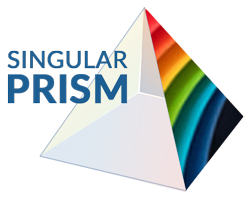GLASS RAIN—the poetry by Margaret Roxby
“CHOICE,” is included this week for Tell A Fairy Tale Day, February 28. The author loved fairy tales as a child, and the The Book of One Thousand and One Nights (The Arabian Nights). The author wrote another poem with this same story in mind, see “Unforgotten Dreams” this site: https://www.singularprism.com/2021/01/04/these-unforgotten-dreams/
REFRACTIONS—an essay by Kathleen Roxby
“THE SHOE REPAIR SHOP,” is included this week for National Old Stuff Day, March 2. The author recently mourned her inability to locate a shoe repair store and believed that perhaps they no longer existed but had become anachronisms. However, to her delight, a small shoe repair shop set up business near her dog’s pet trimmer’s location. Yes, the owner is, like in the memory she reports, also from Asia.
THROUGH THE LOOKING GLASS—the poetry of Kathleen Roxby
“RESENTMENT” is included this week for March 2, National Old Stuff Day. The author chooses to see that old stuff to be discarded can be more than physical, and perhaps more important to release rather than hold. She wrote this after listening to a couple of friends who continued to torture themselves with pain from years ago believing they would lose their sense of self if they let go of those memories (or even just the ancient pain).
#TellAFairyTaleDay
#NationalOldStuffDay

